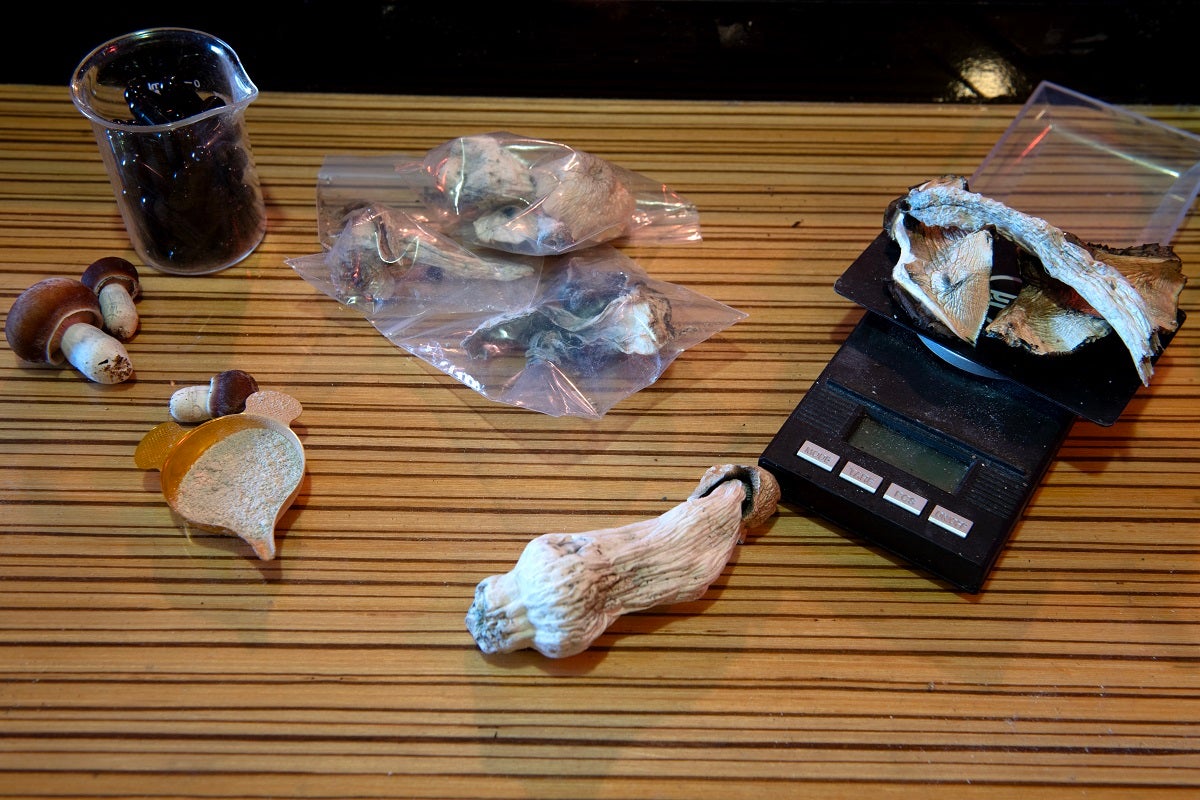A recent study by researchers at Baylor College of Medicine and Emory University suggests that psilocybin, the active compound in magic mushrooms, may promote longevity. Published in the Nature Partnering Journal Aging, this research indicates that psilocybin could potentially extend the lifespans of both mice and, possibly, humans.
The study involved administering medium-sized doses of psilocybin to older mice. Researchers later examined human cells, specifically fetal lung cells and adult skin cells, to assess how psilocybin impacted telomeres, which are known to shorten with age. The findings revealed that psilocybin treatment was associated with preserved telomere length, suggesting that the compound may slow down the aging process at the cellular level.
Findings on Mice and Cellular Health
The researchers observed not only the telomere effects but also noted improvements in the survival skills of the psilocybin-treated mice. There were also enhancements in their fur quality, which hints at further potential anti-aging benefits. Louise Hecker, the study’s senior author and a cardiovascular researcher at Baylor, remarked on the motivation behind the research, stating that most previous studies have focused on psilocybin’s effects on the brain rather than its broader implications for physical health.
Hecker explained, “Our findings suggest that psilocybin has potent effects on the entire body, including anti-aging properties, which may contribute to the plethora of observed beneficial clinical outcomes.” This perspective aligns with earlier research indicating that psychedelic substances might correlate with positive health outcomes. For instance, a 2021 study found that individuals who used hallucinogenic drugs like psilocybin, LSD, and mescaline exhibited a lower risk of developing heart disease and diabetes.
While it is crucial to approach these findings cautiously, Kosuke Kato, a coauthor of the paper, emphasized the significance of the results observed in the aged mice. He noted, “This is a very exciting and clinically relevant finding that suggests that even when psychedelic intervention is initiated late in life, it can have dramatic impacts.”
Future Directions in Psilocybin Research
Despite the promising results, Kato cautioned against hastily establishing a causal link between psilocybin and increased lifespan. He acknowledged that there is still much to understand, particularly regarding optimal dosing protocols that could maximize efficacy. Both researchers expressed hope that further studies will clarify how psilocybin treatments can be effectively implemented in clinical settings.
Hecker conveyed her enthusiasm for the study’s implications, stating that their findings “open an exciting new chapter in psychedelic research.” This field has gained considerable interest in recent years, particularly concerning the therapeutic potential of psychedelics in treating mental illness and dementia. She concluded, “Psilocybin may represent a disruptive agent that promotes healthy aging. The next steps need to explore the therapeutic effects across multiple age-related diseases.”
As research into psychedelics continues to evolve, the implications of psilocybin on aging and overall health may lead to groundbreaking developments in both medical and lifestyle practices.







































































